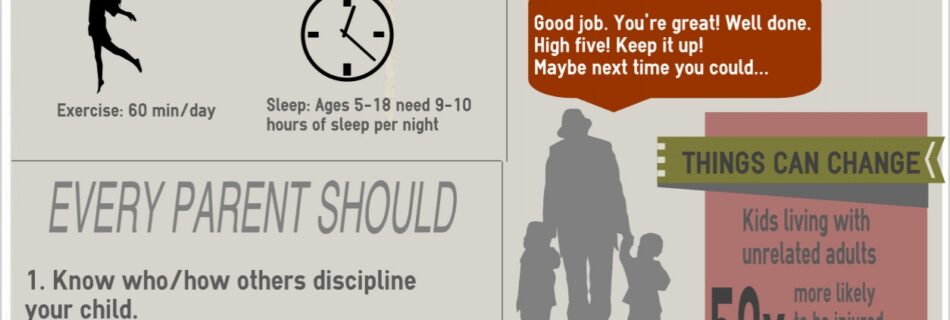Asking for Help
Have you ever been faced with a tough task, life transition or struggle where you pushed through, on our own and made it out on the other end? We all have, and we often count those moments of hard work and resiliency as some of our best moments. Moments when we triumphed over struggle. But …










